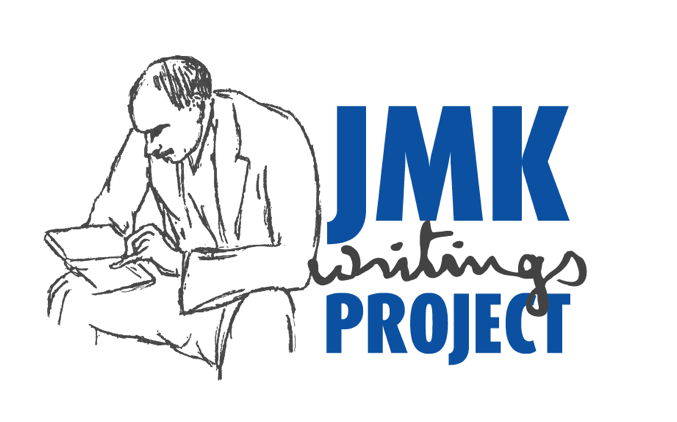By Raúl Carrillo
I delivered the talk published below as part of a panel at Yale’s annual Rebellious Lawyering Conference, on February 17th, 2017. The panel, entitled “Financing Criminal Justice”, co-hosted by The Modern Money Network, focused on the connections between fiscal austerity and the horrors of the U.S. criminal legal system. I was joined on the panel by Thomas Harvey, Co-Founder and Executive Director of ArchCityDefenders, Judge Jaribu Hill, Director of the Mississippi Workers’ Center for Human Rights, and Mitali Nagrecha, Director of Harvard Law School’s National Criminal Justice Debt Initiative.
Together, we discussed how financially-strapped local government entities, charged with public safety, perpetuate social violence, especially upon low-income communities of color. My presentation focused on macroeconomic context. More specifically, I attempted to build a bridge between the insights of MMT and arguments asserted by opponents of mass incarceration, police brutality, and criminal justice debt.
Good afternoon, everyone. Buenas tardes. In my short legal career, I have had some hands-on experience with these issues. After law school, I joined the Enforcement Division at the Consumer Financial Protection Bureau. We did (some) work at the intersections of private consumer debt and criminal justice debt. I’m currently at New Economy Project, an anti-poverty organization, in New York City. Some of our clients do wind up behind bars because of failures to appear and failures to pay. Some do leave incarceration only to return home to frozen accounts and judgment liens in addition to the fees they were charged for their time in the system. I’m not here to speak about all that, though. I’ll leave it to the experts.
Continue reading →













